Energy efficiency is one of the most important factors that consumers are taking into account when buying a new refrigerator. After all, a fridge will run 24/7 for the next decade or more. Needless to say, it will have a big impact on your monthly electricity bill. This is why home appliance manufacturers innovated the inverter technology into refrigerators.
While inverter refrigerators do save you electricity, they are usually priced around ₱2,000 – ₱4,000 higher compared to non-inverter models. This begs the question: is the added upfront cost of an inverter refrigerator worth it?
In this post, we will give you some pointers on the differences between inverter vs. non-inverter refrigerators so that you can have a more informed decision when buying a new refrigerator.
How a refrigerator works
Refrigerators work by harnessing the power of the evaporation process to cool down their compartments. It does this by continuously evaporating and condensing a refrigerant gas that runs through copper tubes inside the refrigerator. This gas is circulated throughout the refrigerator’s copper tubes by a device called the compressor.
The compressor is the most important part in the refrigeration cycle. This is why it is often called the “heart” of the refrigerator. With that said though, most of the electricity consumed by your refrigerator is due to the operation of your compressor.
How a non-inverter compressor works
To maintain the temperature inside the fridge, the refrigerator’s thermostat tells the compressor to either stop or start when it gets too cold or too warm. This is why you hear your refrigerator roaring back to life after a few moments of it being silent.
Additionally, non-inverter compressors use a simple, fixed speed on-and-off operation. This means that the compressor works at peak load until it reaches the temperature that you’ve set. After that, it turns off completely; there is no middle ground.
Compressors use the most amount of power during startup; a lot of energy is wasted since non-inverter compressors stop and start multiple times a day.
This is where inverters come in.
What is an inverter compressor?
Simply put, an inverter is a device that controls the frequency of the incoming electrical current that goes to the compressor; this allows the compressor to operate at variable speeds.
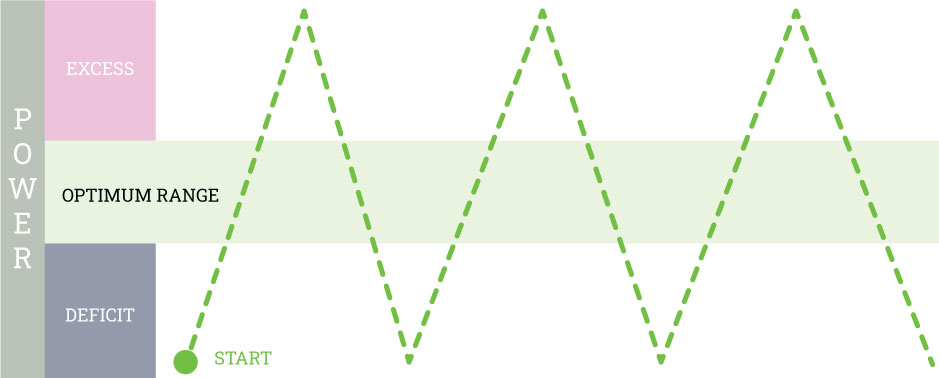
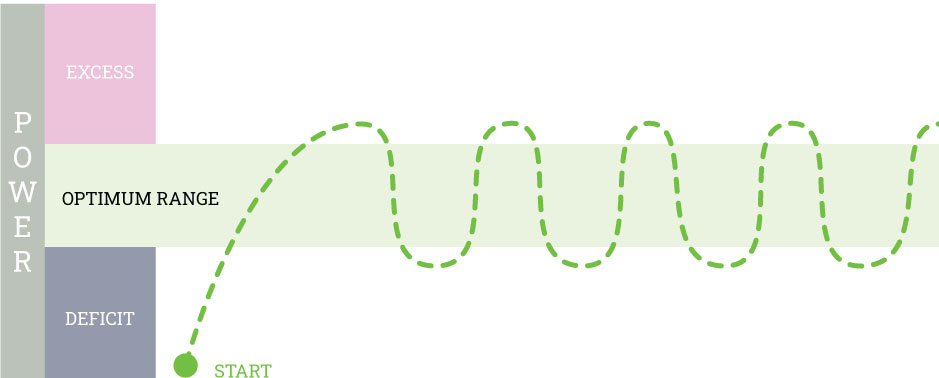
After reaching the desired temperature, the inverter compressor does not completely shut off. Instead, it operates at a lower speed to maintain the set temperature. There are a lot of benefits that inverters give you, but the foremost is that it saves energy and therefore saves you money in the long run.
This brings us to two questions: (1) how much will an inverter refrigerator save you? And (2), is it worth the additional cost?
Inverter vs. Non-inverter Refrigerator: A Comparison
For this example, we are going to use two single door 6.7 cu.ft. refrigerator models Condura: CSD600MN (non-inverter) and CSD600SAi (inverter). Apart from the color and the compressor, the specs of these two models are identical.
Non-inverter
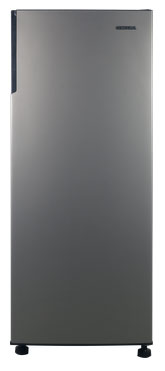
| Gross Capacity | 6.7 cu.ft. / 189L |
| EEF | 339 |
| Energy Consumption | 0.55 kWh/24h |
| SRP | ₱13,400 |
Inverter
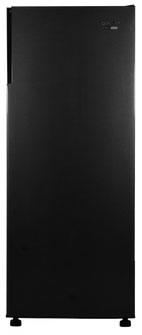
| Gross Capacity | 6.7 cu.ft. / 189L |
| EEF | 473 |
| Energy Consumption | 0.40 kWh/24h |
| SRP | ₱15,420 |
Just from the EEF and the energy consumption figures alone, you can see that the inverter model is more efficient compared to the non-inverter model. However, it is also priced ₱2,020 higher compared to the non-inverter model. Is this justifiable? Let’s take a deeper dive.
How much will an inverter refrigerator save from your bill?
To compute the monthly electricity bill for these models, we will use the following computation:
Energy Consumption (kWh/24) x 30 Days x Power Rate = monthly electricity expense
[wpdatatable id=10]
As you can see, the inverter model is 27% more efficient compared to the non-inverter model. While this might not seem like a lot, you’ve got to remember that refrigerators have a lifespan of 10 years or more. Therefore, the initial investment you put down when you bought the inverter model will keep paying you back in dividends in the form of savings.
[wpdatatable id=15]
By year 5, the additional upfront costs of the inverter upgrade will have already been paid for by the savings in operating costs. After that, the savings just keep piling on.
Note: this is only an estimation; your actual bill will reflect your usage habits.
Other benefits of inverters
Apart from the energy savings costs, here are the other benefits of having an inverter refrigerator:
Longer compressor lifespan
Compressors experience the most stress during startup. Since non-inverter compressors start and stop periodically, they are subjected to more stress compared to inverter compressors, and hence, the latter are usually more durable than their non-inverter counterparts.
You can see this reflected in the manufacturers’ warranty policies; Using the two previous Condura models as examples: the CSD600SAi inverter model has a warranty of 10 years for its compressor[1]. For the non-inverter CSD600MN model, it’s only 5 years[2].
Silent operation
For compressors, the noisiest part of the operation is during startup. Again, Since non-inverter compressors start and stop periodically, you will hear your refrigerator being and silent and then suddenly come roaring back to life.
This is different from inverters. After the inverter compressor reached the desired temperature, it maintains it by continuing to operate at a low speed; this emits considerably less noise compared to non-inverters.
Better temperature control
Non-inverter compressors run at a fixed speed, which means that their control of the temperature inside the fridge is limited. In extreme cases, you will hear it short-cycling.
Short-cycling is when compressors are turning on and off in quick bursts. This happens when the compressor is having a hard time maintaining the temperature inside.
Since inverter refrigerators are capable of operating at variable speeds, they can adjust quickly, smoothly, and precisely depending on the cooling demand. This ensures that the temperature inside the fridge is optimal while still reducing the operating cost.
Also, since inverter compressors continue operating instead of turning off, short-cycling will not be a problem (unless something went wrong with your fridge).
Conclusion
While they cost more upfront than non-inverters, the energy savings and a longer-lasting motor of the inverter refrigerator will pay you back in dividends as the years go by. Aside from that, the added benefits of durability, silent operation and better temperature control is just too good to pass up.
I hope that we were able to provide you with insight regarding inverter refrigerators. I’ve also written an article that discusses the common misconceptions about inverter refrigerators. Go check it out!
Are you planning to switch to an inverter refrigerator soon or are you still unconvinced? Let us know by commenting below!

Miguel Mores worked for 5 years as a member of the product management team for a home appliance company in the Philippines. He started 101appliance to answer the most common customer questions that he has encountered during his time in the industry. He now works in the digital marketing field and manages a small online bookstore on the side.

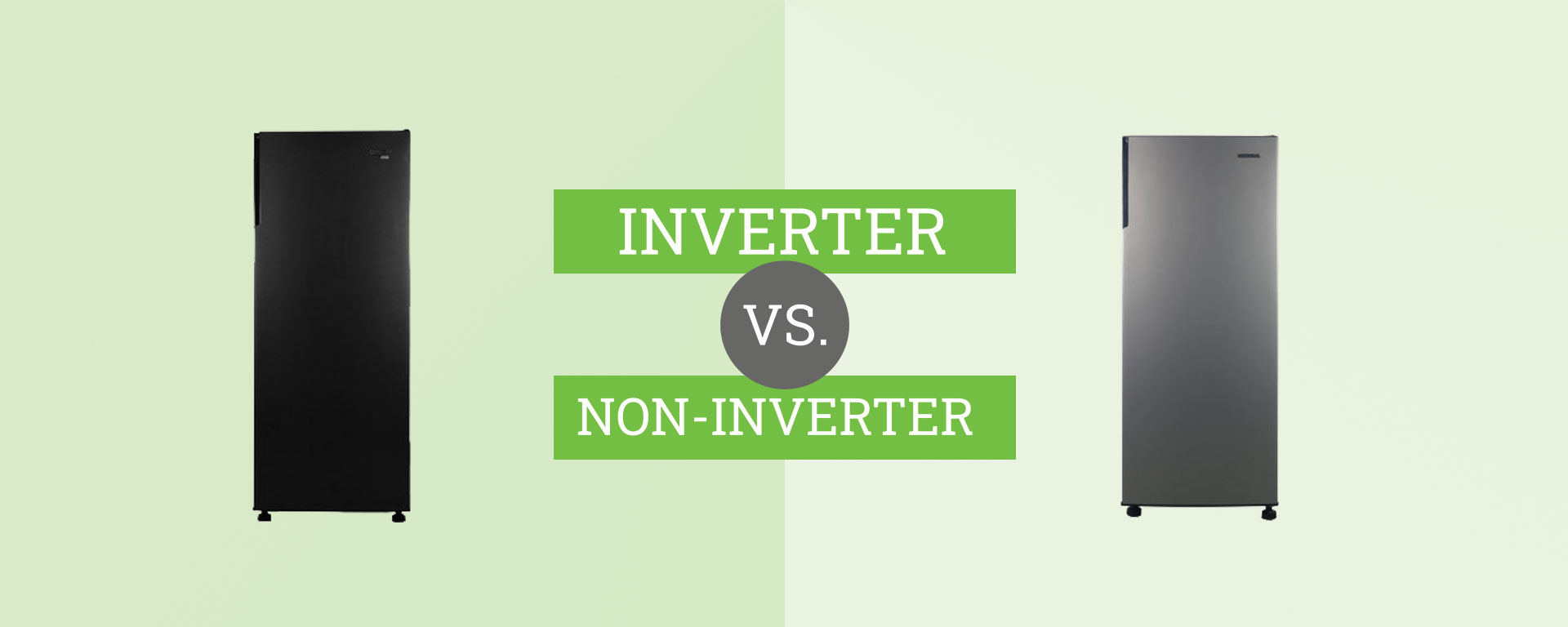
inverter may save you money but it has electronics that can give up as soon as after official manufacturer’s warranty. and repair and replacement costs a lot. watch youtube and there are lots of videos of broken inverter refs. non-inverters may have less warranty period but in reality, they live much longer. we have a 30 years old national ref and 15 years old lg ref.
Absolutely right.
So very very correct. My non-inverter ref is 15 years old, single door and it still functions like brand new. Compressor is not as noisy as others would exagerate. I’m not convinced to buy an inverter one. On mt aircon, maybe, but not on my ref…thanks…
I agree with you all. I have just my inverter fridge LG brand broke down. It is only five years old and has a compressor failure. I suggest to stuck with non inverter fridges because they last longer and very reliable.
Thank you all
Inverter fridge repairing cost is more rathar than non inverter fridge.
may be ,the only way to econimically use of electricity , is to unplug your non-inverter type refrigerator in the night time after it’s reaching the coolest temp, and also if the ref is not fully loaded with delicate items, just to cool to preserve and plug-in on day time ; may be in that way, can compete the inverter type that runs 24/7 invariably. to everyone not favor to inverter type, mostly ,power fluctuation or surge damaged the electronic parts
might shorten thier lifespan, but not the life of compressor, because it has controlled speed, the fewer revolutions , the lesser mechanical worn-out parts… or you can practice
repair ,replace damaged parts
I got a Samsung RS-554NRUASL Side by Side Refrigerator on Sept 2013. My parents got it around Nov 2013. Both of them broke down Aug 2023. Lasted almost 10 years. Had it checked they said both had leaks. The guy selling refs said that if it lasted almost 10 years it is good already. Question: Is it true that inverter-type refrigerators have a life span of 10 years?
What is the difference when a inverter and a non-inverter have
The same DoE energy efficiency rating?